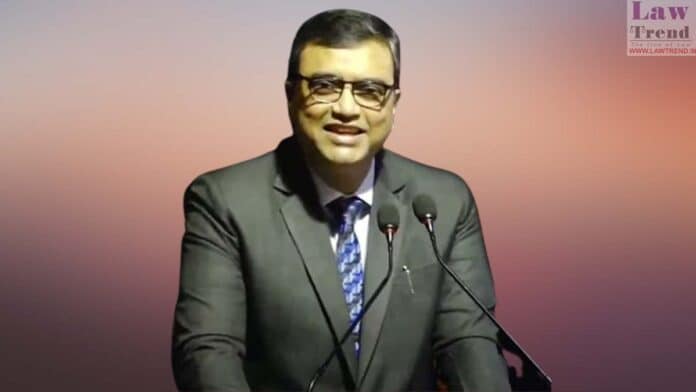Supreme Court judge Justice Dipankar Datta has voiced concern over the persistent shortage of judges in the Bombay High Court and called upon the judiciary to maintain a healthy work-life balance without compromising personal well-being. He also urged reforms in the allowances granted to judges, particularly for electricity and fuel.
Justice Datta made these remarks on Saturday during a felicitation event held in Mumbai in honour of Chief Justice of India B.R. Gavai.
Reflecting on the state of judicial vacancies in the Bombay High Court, Justice Datta pointed out that although the sanctioned strength was increased from 75 to 94 in 2013, the court has only once since then reached the 75-judge mark — and never exceeded it.
“Do you think you 68 to 70 judges will be able to do the work of 90 judges? You cannot,” he said. “In fact, you are doing a great disservice to yourself, your family, and everyone who depends on you.”
Urging his fellow judges to prioritise their health, he advised, “Divide your time between personal and professional lives. Give time to your family. Because if anything happens to you, people may sympathise for a month, but after that, no one remembers your service.”
Justice Datta, a former Chief Justice of the Bombay High Court, also appealed for practical revisions in judges’ allowances. He criticised the outdated cap of 10,000 electricity units annually, noting that the entitlement was fixed four decades ago, when most modern household appliances were uncommon.
“In today’s time, with air conditioners, microwaves, washing machines, and dishwashers, 10,000 units are not sufficient,” he said, requesting CJI Gavai to consider amending the rule.
He also proposed modifying the fuel allowance scheme from 200 litres per month to 2,400 litres per year, arguing that the monthly limit often goes unused during vacations and lapses without compensation. “This proposal doesn’t cost the government anything more, yet it offers flexibility to judges,” he noted.
Justice Datta said both proposals were rejected earlier, but expressed hope that they would be reconsidered under the leadership of Chief Justice Gavai.




